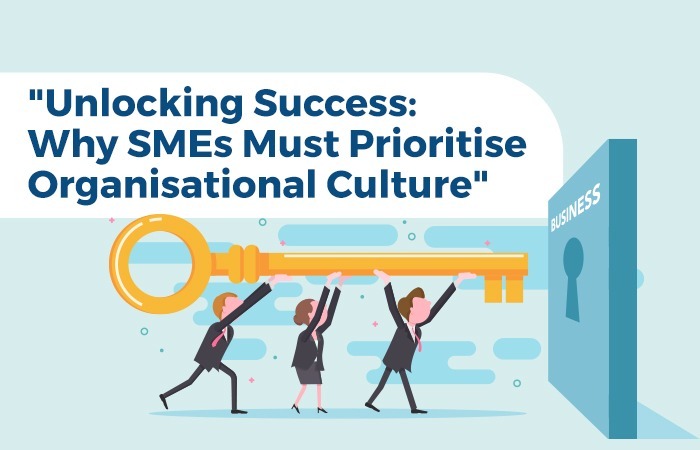In his acclaimed book, “The Power of Habit,” Charles Duhigg explores the profound impact that habits have on our lives, both individually and within organisations. Habits are deeply ingrained patterns of behaviour that shape our daily routines and ultimately influence the outcomes we achieve.
In the context of organisations, cultivating positive habits can be a game-changer, leading to increased productivity, efficiency, and overall success. This article delves into the key insights from Duhigg’s book and explores how habits can drive organisational success.
1. Creating a Culture of Productivity:
Successful organisations understand the importance of instilling productive habits within their teams. By encouraging habits that prioritise focus, time management, and goal-setting, companies foster a culture of productivity. This includes practices such as setting clear objectives, establishing routines, and providing the necessary tools and resources for employees to thrive.
2. Enhancing Decision-Making:
Habits play a significant role in decision-making processes within organisations. By cultivating a habit of data-driven analysis, leaders can make informed choices based on evidence rather than relying solely on intuition. This habit encourages a culture of critical thinking, fosters innovation, and mitigates potential biases that can hinder progress.
3. Strengthening Employee Engagement:
Employee engagement is crucial for organisational success, and habits can contribute significantly to this aspect. By fostering habits that prioritise communication, recognition, and growth opportunities, organisations create an environment that nurtures and motivates their workforce. Regular feedback, employee development programs, and team-building exercises are examples of habits that strengthen engagement and foster a positive work environment.
4. Building Effective Teams:
Successful organisations recognize the importance of collaborative and cohesive teams. Establishing habits that encourage effective teamwork, such as regular meetings, open communication channels, and shared goals, enables teams to work harmoniously toward common objectives. These habits create a sense of camaraderie, improve productivity, and enhance problem-solving capabilities.
5. Continuous Improvement:
Organisational success relies on the ability to adapt and evolve. Cultivating habits that promote a mindset of continuous improvement is vital in today’s dynamic business landscape. By encouraging habits such as seeking feedback, embracing change, and fostering a learning culture, organisations can stay ahead of the curve, innovate, and maintain a competitive edge.
6. Customer-Centric Habits:
Organisations that prioritise customer satisfaction and loyalty often have habits ingrained in their daily operations that reflect this focus. Customer-centric habits include active listening, anticipating needs, personalised interactions, and timely problem resolution. By instilling these habits, organisations can build lasting relationships with their customers and enhance their reputation in the market.
7. Agility and Adaptability:
In today’s rapidly changing business environment, the ability to be agile and adapt quickly is paramount. Cultivating habits that encourage flexibility, experimentation, and risk-taking allows organisations to navigate uncertainties effectively. These habits foster resilience, enable innovation, and position companies for long-term success.
As Charles Duhigg highlights in “The Power of Habit,” habits have a profound influence on individual and organisational outcomes. By consciously cultivating positive habits within an organisation, leaders can drive success across various aspects, including productivity, decision-making, employee engagement, team dynamics, and customer satisfaction. By understanding the power of habits and their role in shaping behaviours, organisations can create a culture of excellence and position themselves for sustained growth in an ever-changing business landscape.
Remember, as Duhigg says, “Change might not be fast and it isn’t always easy. But with time and effort, almost any habit can be reshaped.” So, let us embrace the power of habits and harness their potential to drive organisational success.
References:
Duhigg, C. (2012). The Power of Habit: Why We Do What We Do in Life and Business.













